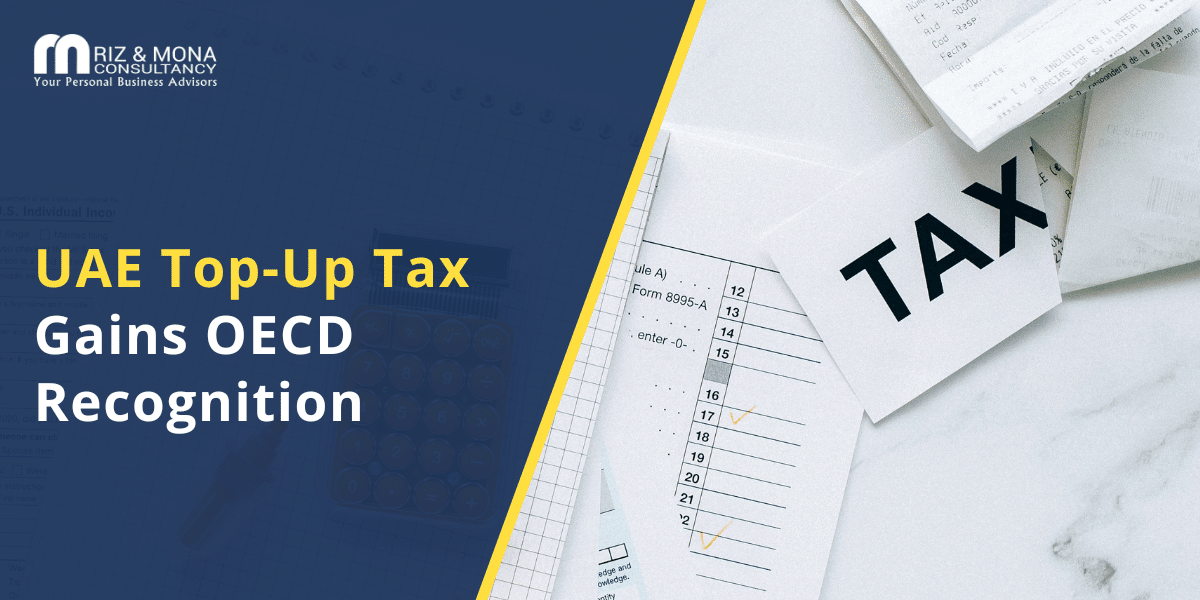The Organisation for Economic Co-operation and Development (OECD) has confirmed that the UAE’s Domestic Minimum Top-Up Tax (DMTT), set at 15% for large multinational companies, has achieved transitional qualified status. The decision, announced on August 25, 2025, provides greater certainty for businesses operating in the Emirates and shields them from additional foreign tax burdens.
The measure, effective since January 1, applies to multinational enterprises with global revenues of at least €750 million in two of the past four financial years. By gaining OECD recognition, the UAE ensures its tax system is aligned with global standards and avoids cross-border tax disputes.
Key Points
- Tax Rate: 15% top-up tax on multinational enterprises.
- Effective Date: Applied since January 1, 2025.
- Who is Covered: Companies with global revenue of €750m+ ($793m).
- OECD Status: Now listed as “transitional qualified”.
- Impact: Prevents foreign countries from applying extra tax on UAE profits.
- Support for Businesses: Recognised as a safe harbour, reducing audit risks and compliance costs.
- Background: Federal corporate tax of 9% already applies to profits above Dh375,000 since June 2023.
The OECD’s global minimum tax plan is designed to ensure that large corporations pay at least 15% tax in every country they operate in. The initiative could raise around $220 billion annually in global corporate income tax, according to OECD estimates.
For multinational companies, the decision reduces compliance headaches and builds confidence in doing business in the UAE. For the country, it strengthens its image as a transparent, internationally aligned business hub.
As global tax reforms continue, the UAE’s alignment with OECD rules ensures its position as a competitive and trustworthy market for foreign investment.







